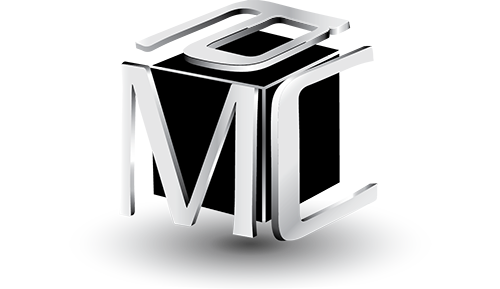
Through People


Technology will continue to disrupt the world of work in the coming decade, creating seismic changes in the global workforce. Way back in 2017, Amazon already had over 100,000 robots in place, significantly impacting the work life of even their temporary holiday workers. Investment in automation, robotics and AI is accelerating apace with projections that these tools will create trillions of dollars in business value in the next 2 to 3 years alone.
These upheavals in the world of work have many in the popular media clucking that the sky is falling. We prefer to avoid this negativity bias and instead focus on the opportunities that are always generated by innovation and value creation – opportunities that can energize many a career – if you are prepared to take advantage. Here’s our playbook for creating a successful career in the coming decade . . . and beyond.
Know What Success Looks Like. The influx of automation is changing the mix of skills that will be needed for career success, but not in the way you may think. When we visited Silicon Valley with the Tech Council, our host at Facebook, when asked about the skills they need, said that, “There is no room for brilliant a- -holes at Facebook.” We’ve heard similar messages from other tech leaders but in less flowery prose. The implication is that being technically savvy is not enough. The in-demand skills are cognitive (complex problem-solving and decision-making, learning on the fly, being comfortable with ambiguity) and social (collaboration, being willing to lead a team as well as to step back to let others lead, being able to work with a variety of people at a variety of levels, being flexible and adaptable). By the way, these skill requirements are the same, if not more important, for those in the gig sector of the new world of work. Understanding the importance of these skills and intentionally focusing on building or enhancing them is an important first step in the playbook. How do you develop these career-critical skills? Read on.
Move Around, Not Just Up. Organizations are already less hierarchical and will continue to become more matrixed and composed of networks of teams as the decade progresses. A career is no longer composed of moving rung-by-rung up the ladder in a single function. Success is about agile learning – navigating a variety of challenging experiences with all kinds of different people, learning from those experiences and then applying what was learned to new challenges. The kinds of challenges that build a career include taking on unfamiliar responsibilities, creating change by fixing something that’s broken, launching something new or building a new team, assuming higher levels of responsibility, and working across boundaries or in different cultures. Success comes from keeping your eyes open for these unique challenges, volunteering and being willing to try something new, even if it is an initially uncomfortable stretch. Not surprisingly, the in-demand skills we described above aren’t attained from a degree program, a training class or a book but from accumulating a wide range of these types of challenging experiences.
Other People are Important. After challenging experiences, the next key component in building career success is the people you encounter along the way; people who can serve as mentors or coaches, roles models, or sources of valuable feedback. The new world of work is not about just doing your job and accomplishing individual goals. It is much more about two other components related to other people – how much you contribute to the success of others and how effectively you align what you do with others and with broader organizational goals. In addition, learning from experience is significantly enhanced by feedback from key others. However, it is best that you regularly request feedback from a variety of sources and not wait for it to be imposed. Asking for and listening to feedback is a must-have page in your career playbook.
Let Go, Preserve, Add On. When a career runs off the tracks, or derails, it is often due not to a glaring skill weakness or lack of a critical skill but the overuse of an existing strength or continuing to use a strength that is no longer applicable. These misses and overuses often stem from earlier career experiences in which an individual was recognized or rewarded for a particular strength, a strength that may no longer be effective in automation-enhanced organizations. With each career transition or new challenging experience, effective learners reinvent themselves. There are skills that must be added on to your repertoire, there are existing skills that must be preserved and, maybe most importantly, there are vestigial skills that must be let go. This page from the playbook is a corollary to ‘Know What Success Looks Like”. Understanding how skill demands change and morph throughout your career is critical, particularly in the face-paced world of work in the coming decade.
If you’d like more information, check Strategy-Driven Leadership: The Playbook for Developing Your Next Generation of Leaders by Michael Couch and Richard Citrin. Now available on Amazon.Com.